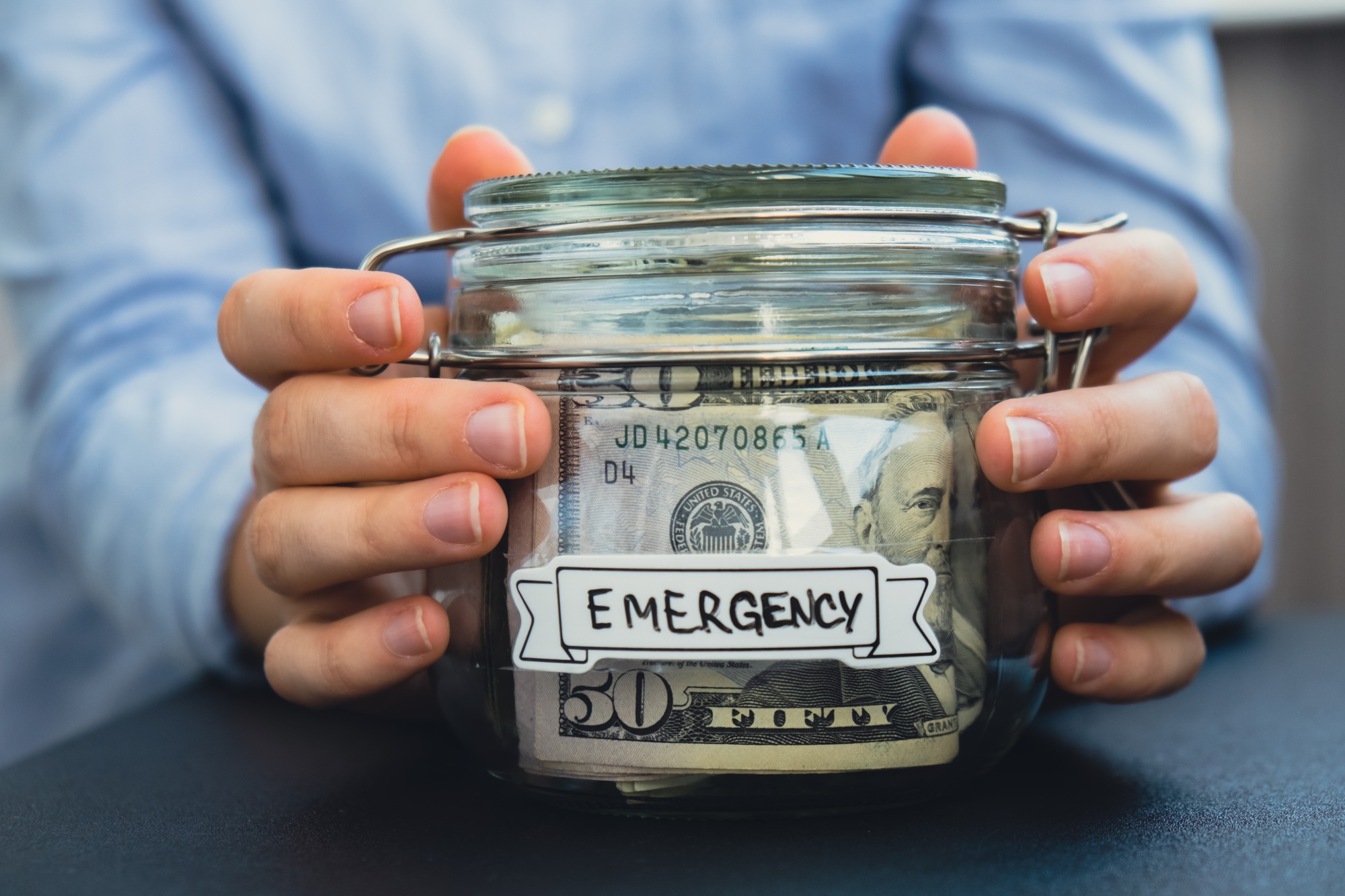Emergency Fund Essentials: Why and How to Build One
In an unpredictable financial landscape, the importance of establishing an emergency fund cannot be overstated. With rising inflation and potential economic downturns on the horizon, individuals are urged to consider the significance of **financial preparedness**. An emergency fund serves as a financial safety net, providing a cushion against unforeseen expenses such as medical emergencies, car repairs, or sudden job loss.
Why an Emergency Fund is Critical
The conventional financial wisdom suggests that an emergency fund should ideally cover three to six months’ worth of living expenses. According to a recent survey by Bankrate, approximately 25% of Americans have no savings set aside for emergencies, revealing a significant gap in **personal financial planning**. This lack of preparedness can lead to financial strain, forcing individuals to rely on high-interest credit cards or loans in times of crisis.
The past few years have demonstrated the volatility of the job market and the economy at large. The COVID-19 pandemic, for example, resulted in millions of job losses and highlighted the need for **financial resilience**. According to the U.S. Bureau of Labor Statistics, the unemployment rate surged to a staggering 14.7% in April 2020, underscoring the importance of having a financial buffer.
Building Your Emergency Fund
Establishing an emergency fund may seem daunting, but it can be accomplished through a series of manageable steps. First, individuals should assess their **monthly living expenses**, which include housing, utilities, groceries, and transportation costs. This assessment will help determine the appropriate target for the emergency fund.
Next, setting up a separate savings account specifically for the emergency fund can prevent accidental spending. Online banks often offer higher interest rates compared to traditional banks, making them an attractive option for those looking to maximize their savings. “Having a dedicated account not only helps with temptation but also allows your savings to grow at a quicker pace due to compound interest,” says financial advisor Karen Adams.
Moreover, individuals should aim to automate their savings. By scheduling automated transfers from checking to savings accounts right after receiving a paycheck, people can gradually build their emergency fund without feeling the pinch. Financial experts recommend starting small—setting aside 10% of each paycheck can lead to significant savings over time.
Market Impact and Inflation Concerns
Today’s economic climate poses additional challenges for emergency fund savers. With inflation rates nearing a 40-year high, the purchasing power of cash savings is diminished. The Consumer Price Index (CPI) indicated a year-over-year increase of 8.5% as of March 2022, making it essential for individuals not only to invest in their emergency funds but also to consider more dynamic savings strategies.
“While having cash reserved for emergencies is foundational, those funds should be carefully managed to avoid erosion by inflation,” explains Tom Richmond, a noted financial analyst. “Investors might consider low-risk bonds or other conservative instruments that can offer a more favorable return compared to traditional savings accounts.”
Expert Opinion
Personal finance experts stress that while an emergency fund is crucial, it’s equally important to maintain flexibility. Once individuals have accumulated a sufficient emergency fund, they can begin to evaluate additional investment opportunities that align with their **financial goals**. This balance of liquidity and growth potential is key to achieving overall financial health.
As more people become aware of the need for financial preparedness, the trend of building emergency funds is gaining traction. Companies are now even incorporating financial wellness programs to educate employees on saving strategies, underscoring the increasing recognition of the significance of having a financial backup plan.
What’s Next?
Establishing an emergency fund should be a priority for anyone looking to achieve **financial stability**. As planning for the unexpected becomes essential in today’s volatile market, individuals must take proactive measures to secure their financial future. Increasing awareness about the importance of an emergency fund is a step towards solidifying personal resilience against economic uncertainty.
In conclusion, the journey to creating a robust emergency fund may take time and discipline, but the peace of mind that accompanies financial security is invaluable. In an age where financial emergencies can arise unexpectedly, having a well-funded safety net is not just advantageous—it’s imperative.







